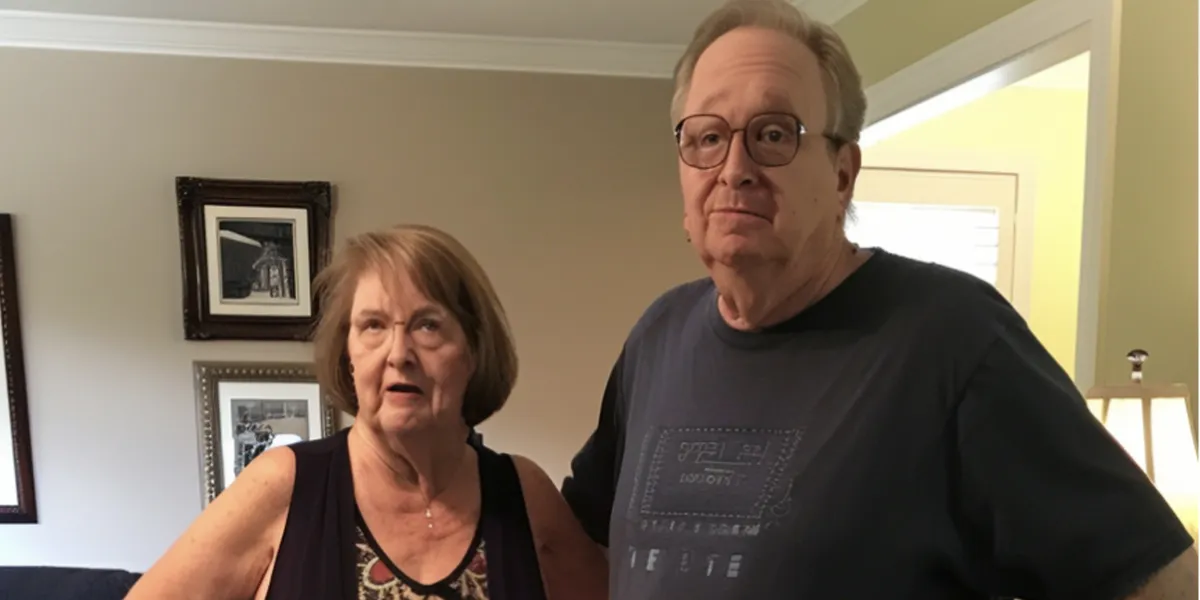Jason and I met when we were 17, and our lives became forever intertwined. After his parents kicked him out, my mom took him in, and he became like family to me. We navigated high school and college together, balancing each other out perfectly. Then, life threw us a devastating curveball: Jason’s bone cancer diagnosis. Despite the challenges, we remained strong, with me taking on more responsibilities to care for him and our home.
When Jason passed away, his parents suddenly appeared, demanding the house he had bought. They claimed it should be theirs, disregarding the fact that Jason had put the house in my name and I had been paying the mortgage. Their lawyer argued that as Jason’s next of kin, they had a rightful claim to the property. But I stood firm, refusing to give in to their demands.

The turning point came when I revealed a letter Jason had written to his parents before he died. In it, he expressed his forgiveness for their past wrongdoings and acknowledged the pain they had caused him. The letter was a poignant reminder of the hurt they had inflicted, and it left them speechless.
As they read the letter, their expressions changed from entitlement to anger and eventually, defeat. They realized that Jason’s forgiveness was not a bargaining chip for them to claim his belongings. In the end, they left empty-handed, and I was left to grieve and move forward, knowing that I had protected Jason’s memory and legacy.
The experience was a mix of sorrow and relief, but ultimately, it was a testament to the strength of our bond and the love we shared. The house, once a symbol of their rejection, had become a sanctuary for us, and I would continue to cherish the memories we made within its walls.


